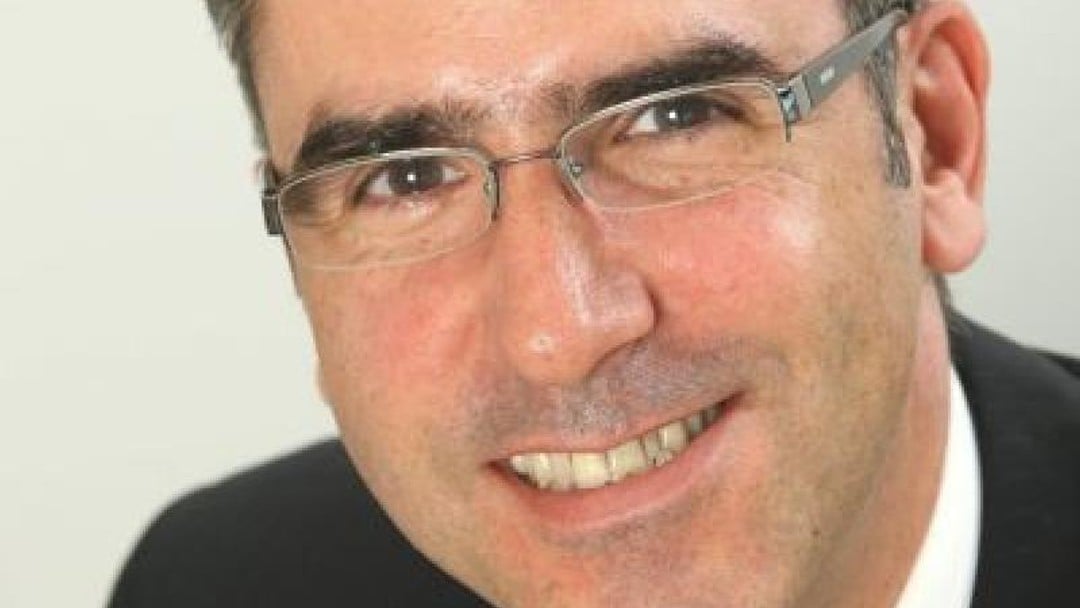The FSA needs to introduce more radical change

By Colin Lawson
The one constant has been mis-selling scandals, often patently a result of commission bias.
Sales patter
Pretend I was an adviser (aka salesman) in the 1990s seeing a client about his mortgage options. If I recommend a repayment mortgage with life cover I receive £300 in commission. If I recommend an endowment I receive £1,300. Which do you think I am going to recommend?
Say my next meeting is with a client with £100,000 to invest. Do I sell a tax-efficient, low-cost unit trust paying three per cent commission? Or do I sell a high-charging, high tax investment bond paying seven per cent commission?
Once I have settled on the bond then I have to choose between bond providers. Do I choose company A paying seven per cent commission or company B paying 7.5 per cent?
If it’s that obvious then why did it take numerous regulators, literally hundreds of millions of pounds in regulator fees and countless mis-selling scandals, to realise that commission is bad?
Why is it that, once they finally saw the light, they still waited five years to abolish commission?
Bias is awful; in fact in financial services it is potentially devastating.
Fair’s fair
By 2013 commission will be gone, though I am afraid to say that bias will still be present and creating problems for consumers and the regulator. The Retail Distribution Review (RDR) is being implemented by the FSA with a view to “establishing a resilient, effective and attractive retail investment market that consumers can have confidence in and trust”.
The first objective of the RDR it is to ensure that consumers are offered a transparent and fair charging system for the advice they receive.
Fees can be transparent and yet still create bias and be unfair.
Let’s say I am now a stockbroker and my charging structure is as follows:
• annual management charge of 0.75 per cent;
• transaction fee of one per cent below £6,000 (that’s £60), 0.15 per cent above £6,000 (that’s £30 on a £20,000 transaction).
First, it is clear to see that my dealing commissions are higher on smaller sums. This means that if I spread the portfolio over more holdings (what we call diworseification) then I earn more money when placing transactions.
Second, if I get the portfolio selection right first time and don’t have to change any of the holdings then I only earn the fixed 0.75 per cent.
This is unlikely to cover the company’s costs, let alone make a profit. I HAVE to switch money around at a certain frequency just to stay in business.
At Equilibrium we have 350 clients. Including family members, that’s around 750 individuals who may have three accounts each (an ISA, a unit trust and a pension, for example). In total that’s 2,250 accounts.
We could apply a very reasonable £25 switch fee when making changes to portfolios. If applied to each transaction (changes to portfolios would involve selling one asset at a £25 charge, to buy another at a £25 charge), the total charge per account would be £50. £50 multiplied by 2,250 accounts means we would receive £112,500 for each switch.
Fine margin
When deciding whether to make a switch from one fund to another the decision might be marginal. If we’re paid to manage and not to move money (i.e. we are not paid by transaction) we may well not make the change. If we are paid to move as well as manage, and I instantly get £112,500 in my bank account, there is a real incentive to go ahead.
In the last quarter we have made 16 switches. That could have provided £1.8m of revenue.
Equitable Life is a great example of why simply banning commission does not eliminate bias. The insurance company was used by all types of professional people, partly due to their unique selling point – they didn’t pay their any commission to their sales team. What they actually did was pay large bonuses based on sales, with the same net effect as commission.
Post RDR, when banks are no longer allowed to pay commission, it’s feasible they’ll implement a similar structure with hidden initial charges subsidising large bonuses to the person making the sale.
The regulator needs to wake up and eliminate all bias, not just commission.
Colin Lawson is managing partner and founder of Equilibrium Asset Management

